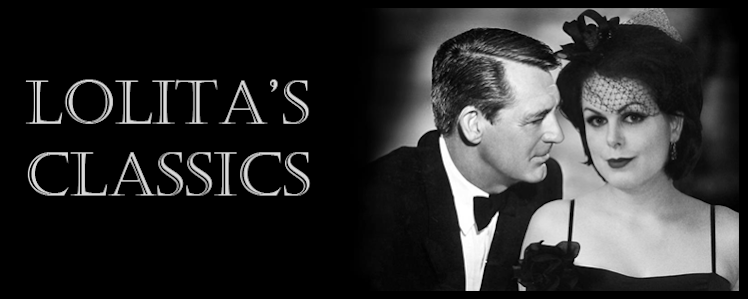Ernst Lubitsch in Berlin - Von der Schönhauser Allee nach Hollywood
Director: Robert Fischer
Germany 2006
110 min
Including: Lots of Lubitsch!
I thought I could recommend a documentary on the peculiar but brilliant German director Ernst Lubitsch, who made his most famous and celebrated pictures in Hollywood, of course. However, this documentary focuses on his early years, from how he got into the film making business through acting to his subsequent move/upgrade (?) to Hollywood.
While still being an actor, Ernst Lubitsch poses beside a film poster for The Pride of the Firm (1916).
Although it's not the most engaging documentary, it's pretty clever in it's use of archive footage and scenes from Lubitsch's early works to tell the story of his early career. If one ignores the dry-as-sand film professors (I really have to get my career going so I can liven up the place), other storytellers like Lubitsch's daughter, niece and granddaughter are very entertaining and genuine.
Ernst Lubitsch as actor/comedian in unnamed German short film.
I'll just throw out some screenshots, and you can make your own decision whether to look this documentary up or not - but I recommend it to anyone interested in film history! And how can a German Jew with Russian heritage going Hollywood not be a great subject for a documentary?
Ossi Oswalda, "the German Mary Pickford", starred in several Lubitsch films.
This is a good example of the documentary's great use of film material while explaining the personal style of Lubitsch's film. The first scene, or prologue, of his film The Doll (Die Puppe, 1919) begins with the director picking up pieces of scenery from a box, and starts to assemble what will be the set for the film to come.
The "spendthrift, glutton and diplomat, that tyrant" is Jannings' description of Henry XIII in Anna Boleyn (1920), pictured above. An audio interview with actress Henny Porten (playing Boleyn) is also used to accompany still pictures and film fragments:
And of course, Pola Negri. In Carmen (1918, screenshot) and Madame DuBarry (in USA released as Passion, 1919, production still):



















No comments:
Post a Comment